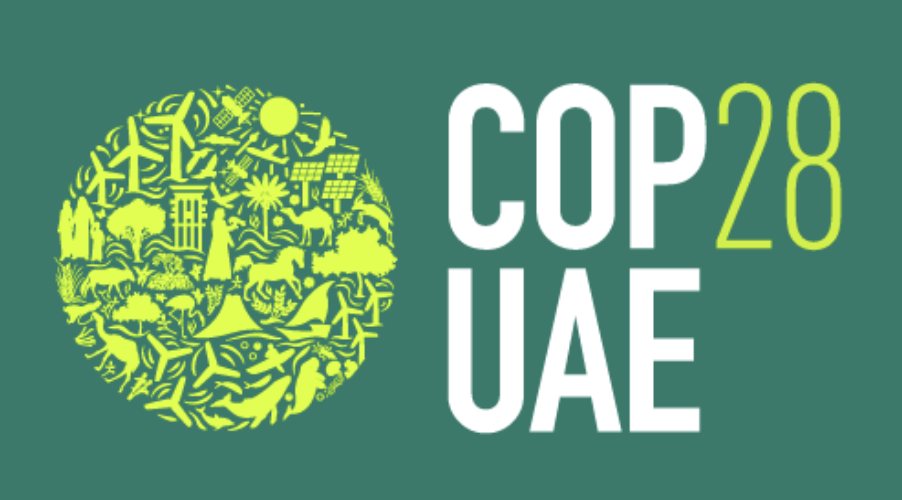COP28 is going on right now and I’ve gotten quite a few questions so figured I’d pop on and clarify a few things for folks. It’s a whoooole huge messy thing and there are a lot of takeaways and data that flies around and it’s hard to tell what’s going on all the time.
Given how important it is it’s very frustrated it’s not talked about more.
I’ll try to outline the very basics and tag some news articles that talk about the goings-on in clear ways!
This post may contain affiliate links, meaning we may earn a commission for any purchases made through our links.
The long and short of COP
The TLDR straight from the UN: COP 28 refers to the United Nations Climate Change Conference taking place in Dubai, United Arab Emirates, from 30 November until 12 December 2023.
Common language version? Big Fancy Delegate People™ from all over the world get together somewhere every year to talk policy about global climate change mitigation.

They’re interesting to follow as a layperson because on the one hand – you’d think stuff would actually get done given that tens of thousands of VIPS who attend. And it does. Kind of. There are always a handful of tangibly “good” things that happen, like this year’s agreement to finally launch what is essentially a reparations fund for poorer nations impacted by climate change.
But also, a lot of very powerful people (think oil executives who also run countries) get a lot of say in these “compromises” that are concerning greenwashed solutions that cover up the real issues caused by ever-increasing fossil fuel use.
Notable articles about COP 28
I’ll add to this as more things happen, but throughout yet another one of these annual summits, focus has been on non-binding agreements. Yet another voluntary agreement has been made to “slash methane” (which is important) but most serious climate advocacy groups are dissatisfied given the lack of attention to rapid fossil fuel phase out and binding requirements that force nations to actually do it.
Also, the president of the gathering has claimed that there is “no science” to the need for phasing out fossil fuels – which is just flat out wrong.
Voluntary commitments are a dangerous distraction from what is needed at COP28. Oil and gas companies meeting to sign a pledge that only deals with their operational emissions is like a group of arsonists meeting to promise to light fires more efficiently.
Oil Change International (full article below)
Updates as we near the end of COP 28:
80 countries are demanding a COP 28 deal that specifically outlines fossil fuel phase out. Oil leaders are obviously not thrilled.
How’d it end? Meh.
Lots of chatter happening still but this article kinda sums it up. Basically this was the first time fossil fuels were explicitly agreed upon as the problem (yea seriously) but there’s still minimal “holy shit we should do something about that right fucking now.”
Oil execs gonna oil exec. Alas, such is how it goes when powerful people get together to solve problems. We learn time and again that the power is the problem.
What does this mean for you?
These gatherings can be hard to grapple with because they’re so huge and seem so far away. That’s why we advocate for a “think global, act local” perspective. We should do our best to be aware of these gatherings, particularly how minimally effective they are. Let that activate you to take charge in your own life and community – addressing your individual consumption habits (because let’s be real, buyin’ what they’re sellin’ is a part of the problem) and advocating for better representation at every level.
We might not be able to make a bunch of dudes in Dubai make better climate agreements right now. But by increasing pressure on officials at all levels and bringing attention to climate issues in our daily lives through personal activism, lifestyle changes, and persistent engagement in political systems, we can change the narrative on the powerlessness of the individual.
Don’t believe me? Believe the Experts
I know how hard it is to feel like your individual actions do anything. And to an extent, it is correct that individual action is limited. But experts across all sorts of sustainable fields – from recycling, to climate science – AGREE that individual action is the only way we’re ever going to tackle this issue.
If you’re struggling with that, I highly recommend the book The Future We Choose: Surviving the Climate Crisis. It is one of my absolute favorite books that breaks down the very real pickle we’re in, while also affirming which specific individual actions we take have an overall impact on climate mitigation.
Other Reading Recommendations:
If that one isn’t jumping out at you, take a look at a few other recommendations. These are books that have all had an impact on me in my Average Person Becomes A Climate Activist journey!

